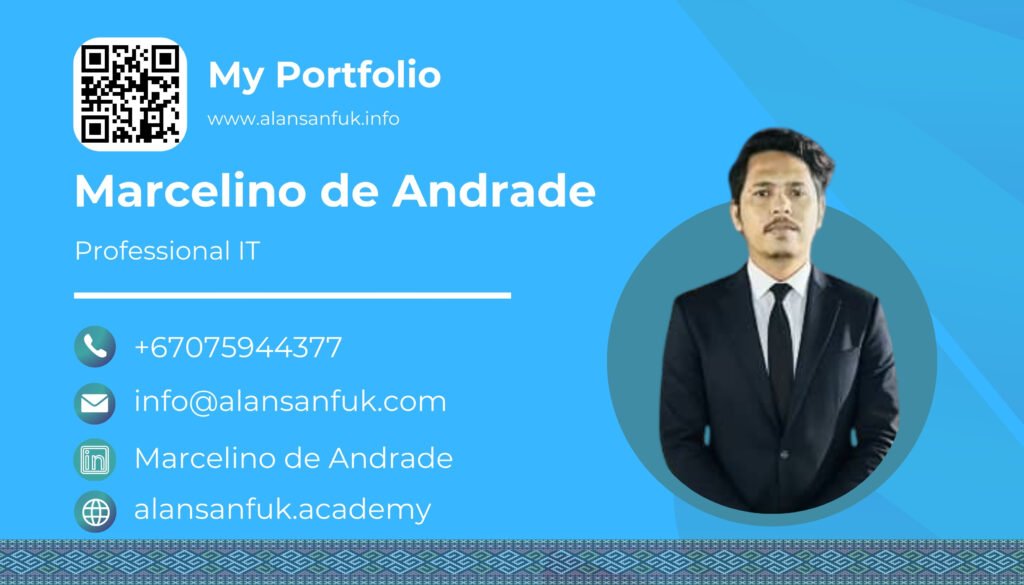
𝗔𝗹𝗮𝗻𝘀𝗮𝗻𝗳𝘂𝗸 𝗦𝗲𝗿𝘃𝗶𝗰𝗲 – We bring technology & digital education solutions to life!
From websites and apps to learning media for schools, organizations, and businesses.
Let’s grow your digital future together – contact us today!
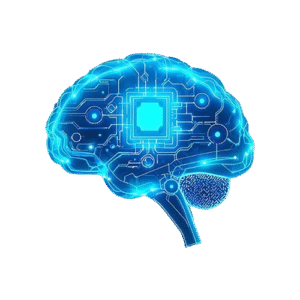
AI Development as a Service offers custom solutions using cutting-edge machine learning and neural networks to transform your business with intelligent automation.
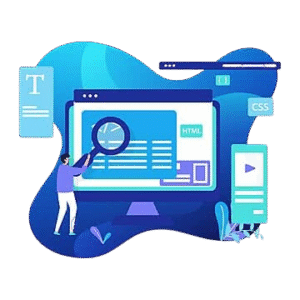
The first thing that any organization requires when it launches itself before the world is a website. We create stunning, responsive websites that drive results.
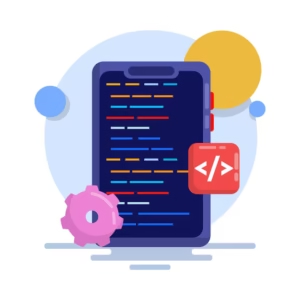
AlanSanfuk Designs specializes in Mobile Application Development. We build intuitive mobile apps for iOS and Android that users love.
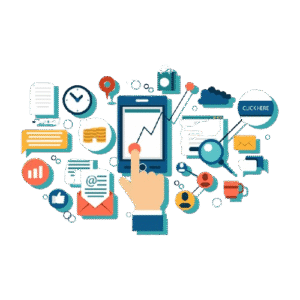
Comprehensive digital marketing strategies including SEO, PPC, and social media management to boost your online presence and drive conversions.

There are many variations words pulvinar dapibus passages dont available.

𝗔𝗹𝗮𝗻𝘀𝗮𝗻𝗳𝘂𝗸 𝗦𝗲𝗿𝘃𝗶𝗰𝗲 – We bring technology & digital education solutions to life!
From websites and apps to learning media for schools, organizations, and businesses.
Let’s grow your digital future together – contact us today!